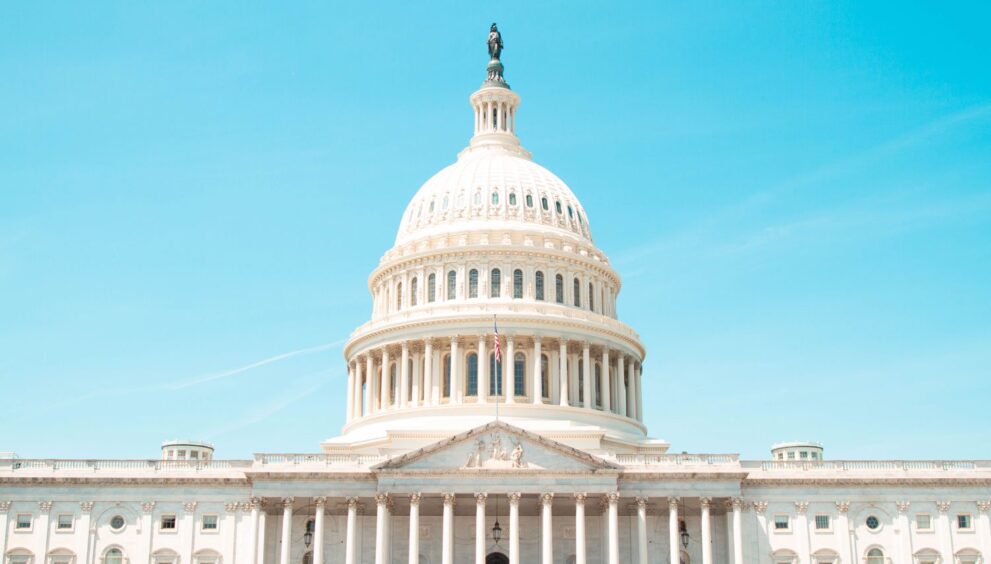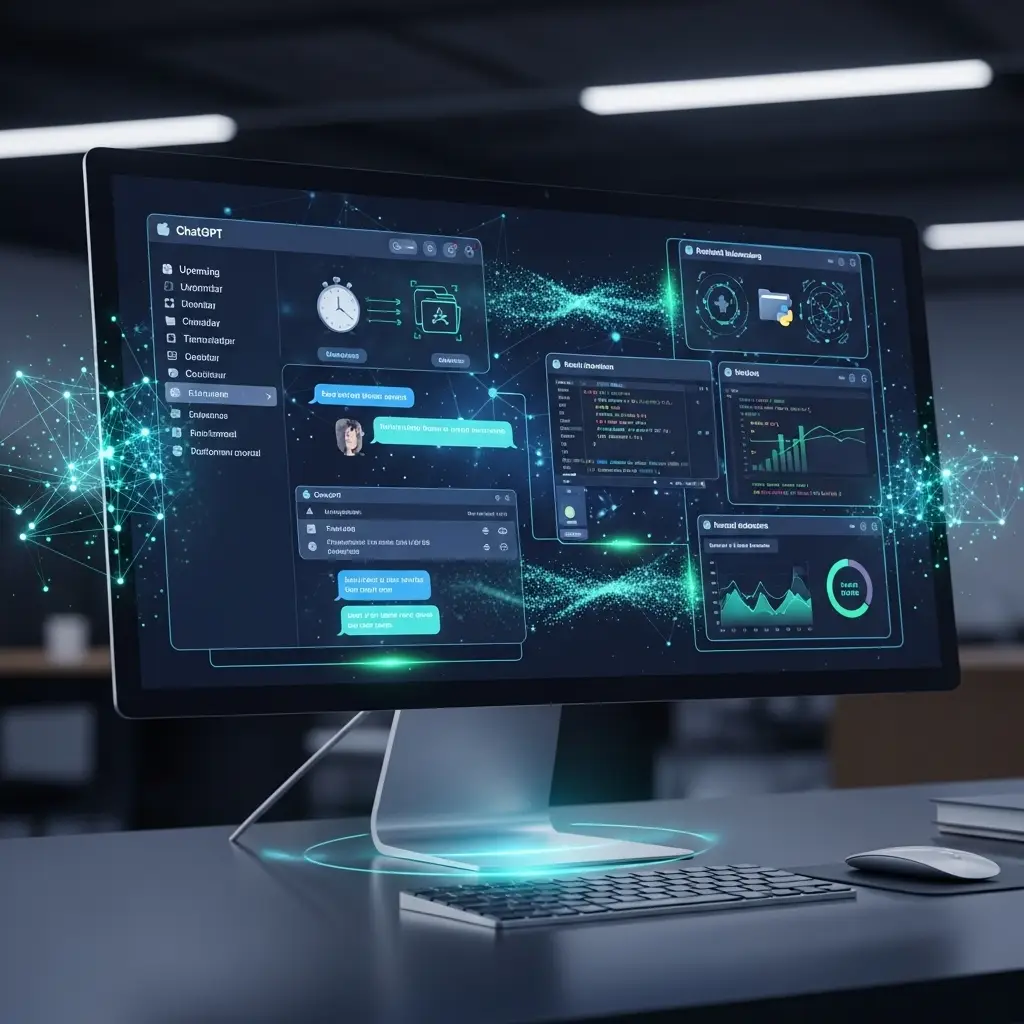Should the Impeachment Trial Be Changed?

neutral search for facts. Before proposing reforms, it helps to anchor what is hard-wired in the Constitution and what the Senate can change by rule.
What the Constitution Locks In
- Who impeaches and who tries: The House has the sole power to impeach; the Senate has the sole power to try impeachments. constitution.congress.gov+1
- When the President is tried: Senators swear an oath to do impartial justice; the Chief Justice presides if the President is on trial. Conviction requires two-thirds of Senators present. These features are constitutional, not ordinary rules. constitution.congress.gov
Implication: changing the forum (House/Senate), the presiding officer in a presidential trial, or the two-thirds threshold would require a constitutional amendment, not a Senate rules tweak.
What the Senate Can Already Adjust
- Use of committees to take evidence: Under Senate Rule XI, the presiding officer may appoint a committee to receive testimony and evidence—an option meant to improve speed and depth when the full chamber can’t sit as a day-to-day court. GovInfo+1
- Procedural choreography: The Senate’s impeachment rules (26 rules) govern summonses, filings, motions, and trial management; the Senate can modify these rules. senate.gov+1
Pain Points Critics Want Reformed
- Partisanship vs. fact-finding. Trials often track party lines despite the oath of impartial justice. Proponents of reform argue for more structured evidentiary practice and written findings. The Constitution sets the oath; how evidence is gathered can be refined by rule. constitution.congress.gov+1
- Time pressure and witness handling. The chamber format incentivizes speeches over testimony. Expanding committee fact-finding (Rule XI) and standardizing subpoena timelines could help. GovInfo
- Post-office trials. The Senate has proceeded against former officials, and in 2021 it voted that a former president could be tried. Clearer rules could pre-empt threshold fights that consume the early trial days. TIME
- Public understanding. Fragmented coverage and dueling narratives undermine trust. Consistent releases of exhibits, written questions, and neutral trial synopses could improve transparency (all doable by rule). Congress.gov
Reform Options (and What Each Would Take)
1) Codify a Structured Evidence Phase (Senate rule change)
- Require a committee of Senators to take sworn testimony, admit exhibits under defined standards, and issue a factual record before opening arguments on the floor. This builds a single reference record and reduces speechifying. GovInfo
2) Uniform Briefing Schedules and Page Limits (Senate rule change)
- Lock in deadlines for House managers’ briefs, the defense answer, and reply filings, mirroring appellate practice to keep trials focused. Congress.gov
3) Mandatory Written Findings on Disputed Facts (Senate rule change)
- After closings, require a short set of findings of fact adopted by majority vote to clarify what the chamber believes the record shows—separate from the supermajority conviction vote. This improves historical clarity and accountability. Congress.gov
4) Clarify Jurisdiction Over Former Officials (Senate rule change or statute acknowledging practice)
- A standing rule affirming jurisdiction after departure from office (consistent with the 2021 vote) would spare repeated threshold motions and delays. TIME
5) Keep the Two-Thirds Conviction Threshold (constitutional constraint)
- Lowering it would make impeachment easier but also more partisan-fragile; changing it would require an amendment—politically improbable and norm-eroding. constitution.congress.gov
6) Improve Public Access (rule change)
- Publish exhibits in real time, provide standardized daily summaries, and release compiled Q&A from Senators’ written questions. All are consistent with existing Senate authority. Congress.gov
Will Reforms Change Outcomes?
Probably not dramatically—impeachment is as much political as legal. But better process discipline can improve legitimacy: a cleaner evidentiary record, clearer timelines, and standardized findings make it harder for either side to argue the public didn’t get a fair look. Historical practice shows that while impeachments are rare compared to ordinary oversight, they have removed several officials and shaped behavior even when acquittals followed. senate.gov+1
Bottom Line
- What must change by amendment? The two-thirds vote, the Senate’s role as trier, and the Chief Justice presiding in a presidential trial. constitution.congress.gov
- What can the Senate change now? Evidence-gathering, timelines, filings, transparency, and jurisdictional clarity—via its impeachment rules. GovInfo+1
Practical reforms should target these adjustable levers to reduce spectacle and raise trust without a constitutional fight.
Rank Math (suggested fields)
- Focus Keyword: impeachment trial reform
- Secondary Keywords: Senate impeachment rules, Rule XI evidence committee, two-thirds conviction, impeachment process reform, constitutional impeachment
- SEO Title (≤ 60 chars): Should the Impeachment Trial Be Changed?
- Slug: impeachment-trial-reform
- Meta Description (≤ 160 chars):
Can impeachment trials be improved without a constitutional amendment? What the Senate can change by rule—and what it can’t.
FAQ (pasteable; aligns with FAQ schema)
What parts of impeachment are fixed by the Constitution?
House impeaches; Senate tries; Senators swear an oath; two-thirds needed to convict; Chief Justice presides in a presidential trial. constitution.congress.gov+1
Can the Senate change how evidence is gathered?
Yes. Under Rule XI, a committee can receive evidence and testimony before floor arguments. GovInfo
Do reforms require a constitutional amendment?
Only changes to constitutional features (like the two-thirds threshold). Most procedural improvements can be done by Senate rule. constitution.congress.gov+1
Has the Senate ever addressed trials of former officials?
In 2021 it voted that trying a former president is constitutional; a standing rule could codify that understanding. TIME



























































































































